Brian Wilson and CSS Team Awarded Funding in the 2020-2021 ‘Grants for Catalyzing Research Clusters’
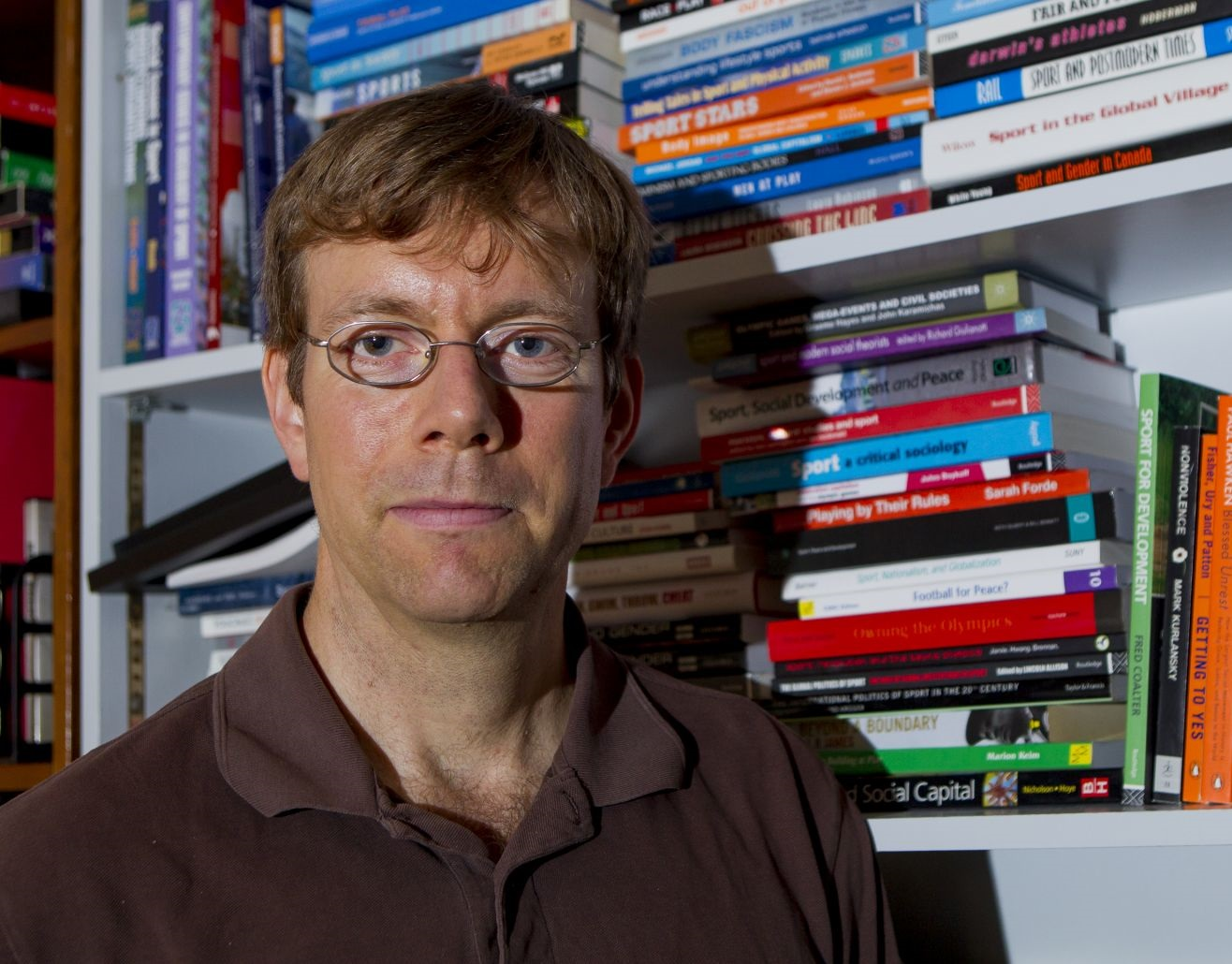 The School of Kinesiology’s Centre for Sport and Sustainability (CSS) received a recent boost thanks to the success of a team from the CSS, and a range of collaborators, in the 2020-2021 ‘Grants for Catalyzing Research Clusters’ (GCRC) funding competition. The GCRC is a UBC-based initiative jointly created by the Vice-President (Research & Innovation) and the Provost & Vice-President (Academic) “to enable the formation and growth of interdisciplinary research excellence clusters.”
The School of Kinesiology’s Centre for Sport and Sustainability (CSS) received a recent boost thanks to the success of a team from the CSS, and a range of collaborators, in the 2020-2021 ‘Grants for Catalyzing Research Clusters’ (GCRC) funding competition. The GCRC is a UBC-based initiative jointly created by the Vice-President (Research & Innovation) and the Provost & Vice-President (Academic) “to enable the formation and growth of interdisciplinary research excellence clusters.”
The GCRC-enabled cluster, called the Mobilizing Sport & Sustainability Collective, was assembled to support research and knowledge mobilization activities associated with the CSS. Led by Kinesiology’s Dr. Brian Wilson (cluster lead), Dr. Andrea Bundon, and Dr. Moss Norman, the cluster includes 22 UBC and non-UBC members, from both academic and non-academic communities. The cluster’s mandate is as follows:
Sport-related social and environmental problems sometimes ‘fly under the radar’ because of the unique contexts that sport presents. Sport also has unique potential for addressing these same problems. The Mobilizing Sport & Sustainability Collective, in association with UBC’s Centre for Sport and Sustainability (CSS), aims to 1. Raise awareness about problems within and around sport that are sometimes unacknowledged, and feature existing research that is concerned with these problems, 2. Highlight and explore the unique potential of sport for addressing social and environmental issues, and 3. Foster dialogue concerning the potential of, problems with, and misuses of the notion of ‘sustainability’ in and around sport. In pursuit of the overarching aim of mobilizing knowledge about pressing issues related to sport and sustainability, activities of the Collective are oriented around the development of original, strategic and engaging communication materials for a Sport and Sustainability Research and Education Media Resource. These activities will support the CSS’s vision of being a local, national and global resource on sport and sustainability.
Brian Wilson noted that “support from the GCRC will be invaluable as we continue to work to promote awareness about sport’s relationship with sustainability, highlight ways that sport-related social and environmental issues might be addressed, and explore the power of sport as a facilitator for positive change”. Dr. Robert Boushel, Director of Kinesiology pointed to “the CSS’s alignment with the strategic priorities of UBC’s School of Kinesiology, including research excellence, knowledge exchange, and the promotion of wellbeing.” The Centre for Sport and Sustainability is one of five research centres in UBC’s Faculty of Education. The CSS’s mission is to improve “understandings of the relationships between sport and human and ecological wellbeing, social and economic development, and cultural identity.”
Patricia Vertinsky Receives 2020 ‘In Her Footsteps’ Award
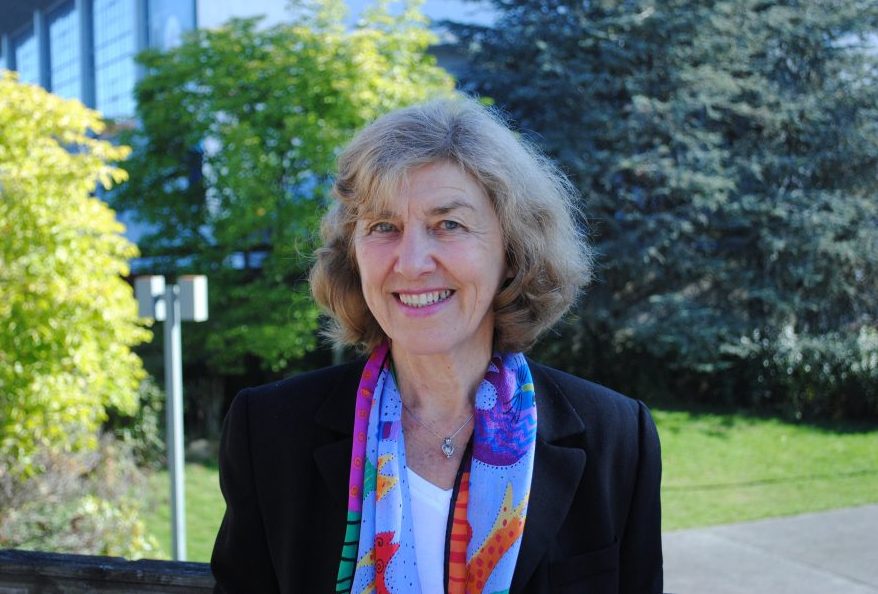
Congratulations to UBC Kinesiology professor Patricia Vertinsky who, as part of Sport BC’s Athlete of the Year Awards, was selected as a 2020 Honouree to the In Her Footsteps, Celebrating BC Women in Sport recognition program. The award took place virtually on Thursday March 25th, 2021.
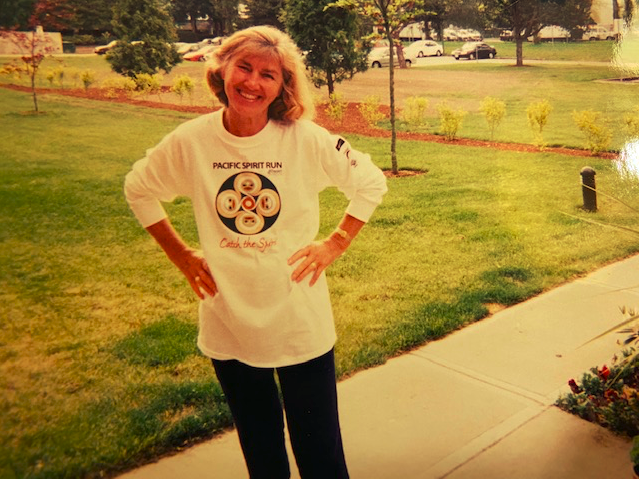 Dr. Vertinsky, who is a prominent feminist sports historian, was one of 62 Honourees, women who have had a significant impact on women and girls in sport and who have strengthened the community through their passion, academic expertise and commitment. UBCKin is proud of the important work Dr. Patricia Vertinsky has done to advance women and gender politics in the realm of sport and kinesiology and is delighted that one of its own has been chosen to join this inspirational group of women!
Dr. Vertinsky, who is a prominent feminist sports historian, was one of 62 Honourees, women who have had a significant impact on women and girls in sport and who have strengthened the community through their passion, academic expertise and commitment. UBCKin is proud of the important work Dr. Patricia Vertinsky has done to advance women and gender politics in the realm of sport and kinesiology and is delighted that one of its own has been chosen to join this inspirational group of women!
Dr. Vertinsky’s story will also be presented and profiled in the In Her Footsteps exhibit at the BC Sports Hall of Fame.
Drs. Moss Norman and Jan Hare Awarded Funding for their innovative project, (Re)Imagining Indigenous Centered UBC Campus Recreation
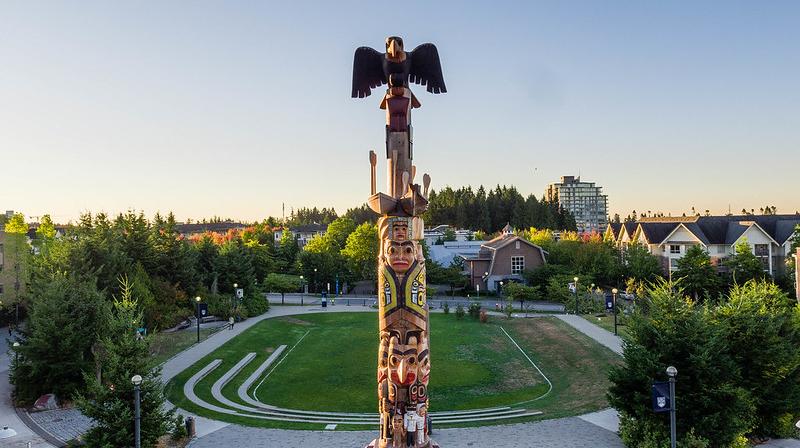
Congratulations to Dr. Jan Hare (EDST; Associate Dean, Indigenous Education) and Dr. Moss Norman (KIN) for being one of four teams across UBC awarded Campus as a Living Lab (CLL) Fund grants. These inaugural grants are designed to support innovative research projects on the Vancouver campus that uphold strategic sustainability priorities and embody the principles of a living lab.
Drs. Hare and Norman will use their $42,308 award to support their project (Re) Imagining Indigenous-Centred UBC Campus Recreation. The project will address two UN Sustainable Development Goals, including ‘Good Health’ and ’Sustainable Cities and Communities”, by responding to several priority calls to action within UBC’s Indigenous Strategic Plan (ISP), with an over-arching objective to decolonize campus space and advance and support Indigenous self-determination through socially and culturally sustainable campus recreation.
UBC School of Kinesiology is Ranked 1st in Canada and North America, and 4th in the World!
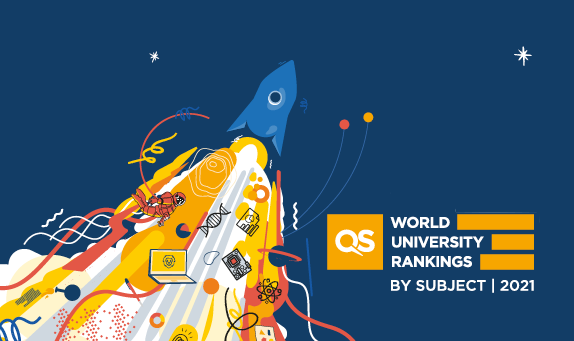
We are very proud to announce that the UBC School of Kinesiology, together with UBCO School of Health and Exercise Sciences, ranked 1st in Canada and North America, and 4th in the World in the 2021 QS World University Rankings.
To learn more about the QS Rankings: Click Here.
Zoë Balbosa
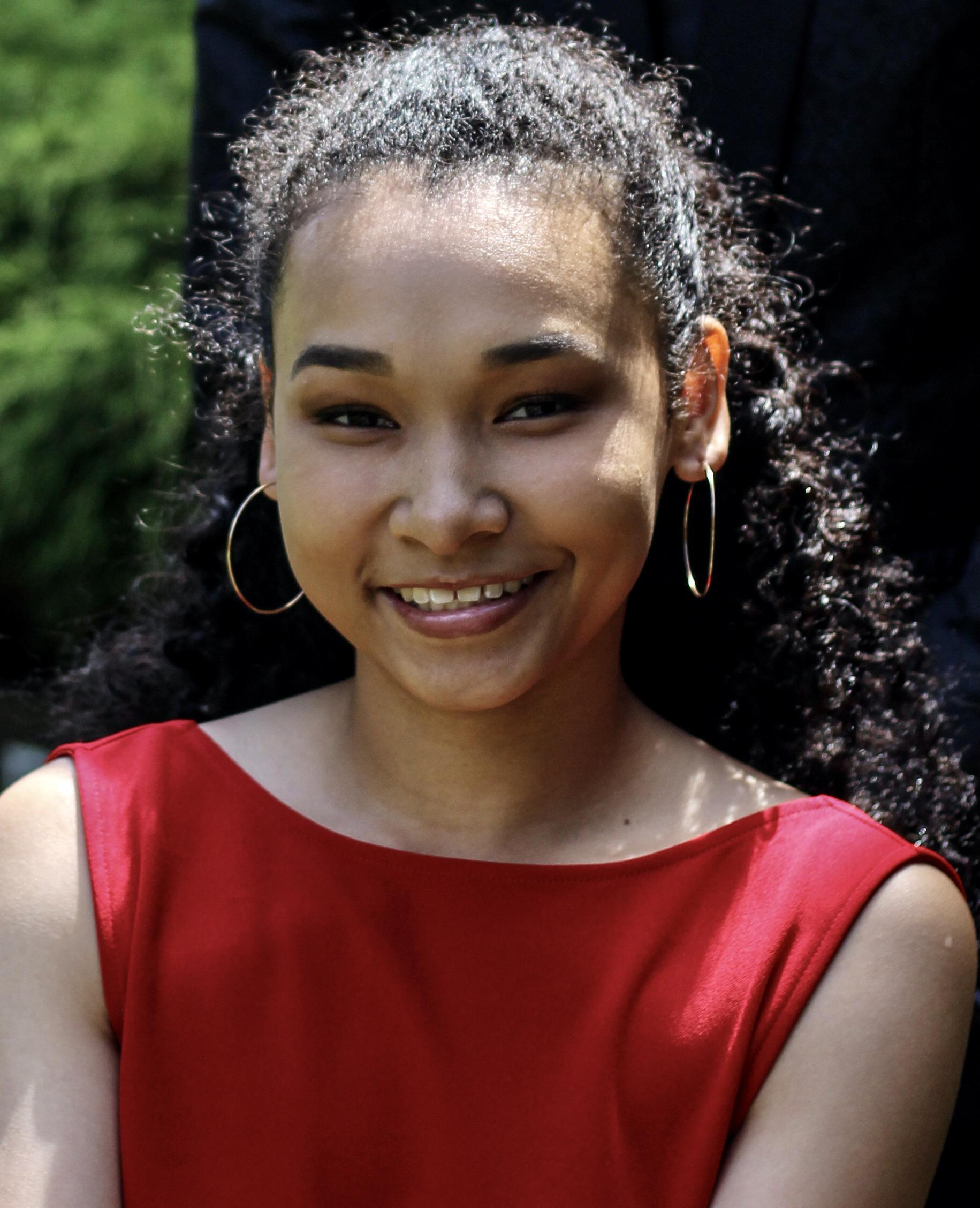 Zoë Balbosa is a third-year Kinesiology student who hails from Surrey. Zoe has chosen to do the Interdisciplinary stream. She was drawn to the KIN program due to the intimate School size and believes that “KIN is a more inviting and “close-knit” School that allows people to feel a part of a community.”
Zoë Balbosa is a third-year Kinesiology student who hails from Surrey. Zoe has chosen to do the Interdisciplinary stream. She was drawn to the KIN program due to the intimate School size and believes that “KIN is a more inviting and “close-knit” School that allows people to feel a part of a community.”
“Many of my experiences with KIN profs have been positive. Dr. McEwen, Dr. Bennet and Dr. Kennedy are some of my favourite professors so far.” One of Zoë’s favourite classes has been KIN 488 – Interprofessional Health Mentors Program. “The course runs throughout the year and gives students the ability to be mentored by an individual who either has a chronic disability or is a caregiver themselves.” She also enjoyed KIN 206 – Introduction to Statistics in Kinesiology with Dr. McEwen.
Zoë started playing softball when she was six years old, “I continuously played up until the pandemic hit. It was very strange to stop playing softball due to lockdown because it has been such a big part of my life. I probably wouldn’t be in KIN if I didn’t play softball.” Zoë currently serves as a member of KIN’s newly founded KUS BIPOC Committee and UBC’s Black Student Union (BSU). “Similar to many other BIPOC students, I find it helpful and comforting to be a part of a space that highlights, discusses, and aims to improve the university experiences of BIPOC students. I have made many close friends in these clubs/committees and achieved great things with them.”
When asked about the most important aspects she has learned from KIN so far, Zoë states “it is important to remember to not be too hard on yourself. In first year, I felt like I didn’t belong because of the discrepancies in grades I received in comparison to high school. I’ve learned that this tends to be the case for many first-years because of the change in environment, expectations, routine, among many other factors.”
When asked about her future, Zoë says, “Although I get asked this question frequently, I still don’t have an answer! I hope that whatever I choose to do, I will truly enjoy it. I am interested in helping others and hope that this desire will come into fruition in one form or another.”
Miselta Ihekwoaba
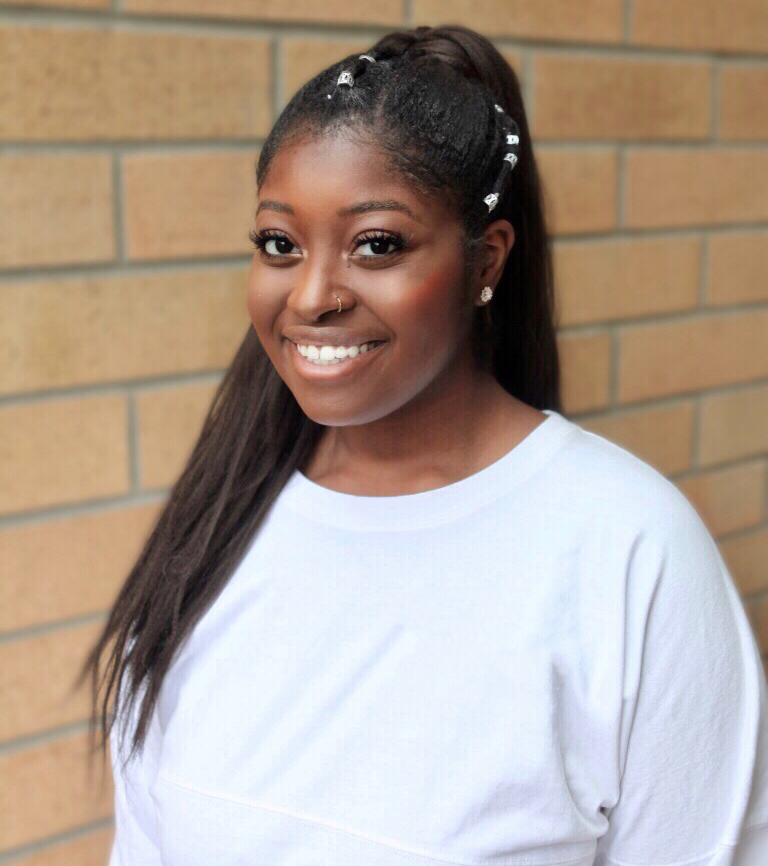 Miselta Ihekwoaba is a fifth-year Kinesiology student in the Interdisciplinary Stream. She joined the School of Kinesiology “because of how revered it was. It has allowed me to focus on the humanities aspects of sport and exercise, which exists in addition to extensive scientific education.” Miselta hopes to engage in research for organizations that will continue to address the many inequalities in sport, especially in a Canadian context. My positionality has led me to focus on the ways in which racism and settler-colonialism in sport intersect to affect newcomers’ experiences.”
Miselta Ihekwoaba is a fifth-year Kinesiology student in the Interdisciplinary Stream. She joined the School of Kinesiology “because of how revered it was. It has allowed me to focus on the humanities aspects of sport and exercise, which exists in addition to extensive scientific education.” Miselta hopes to engage in research for organizations that will continue to address the many inequalities in sport, especially in a Canadian context. My positionality has led me to focus on the ways in which racism and settler-colonialism in sport intersect to affect newcomers’ experiences.”
One of Miselta’s favourite classes has been KIN 368 – Indigenous Sport & Physical Culture in Settler Canada. “Moss Norman did a great job of facilitating constant reflection of our past, present, and future actions in paying homage to the nurturers of the land we settled on.” Miselta is currently committed to strength training and yoga.
Miselta serves as a member of the KUS BIPOC Committee. She is a past Vice-President Governance and Administration of UBC Sororities, where she “spearheaded initiatives and policy changes to disrupt some of the harmful practices that continued to exist in Greek Life.” Miselta reflects, “I struggled very much to form a community in KIN before I formed communities elsewhere, and found that several individuals in these spaces happened to also be in KIN. Later on in my degree, I bonded with Black students and students of colour through our experiences in the School. While we were brought together over shared trauma, I’m grateful for the safe spaces we’ve created for ourselves. The work we’re doing will hopefully improve the experiences of underrepresented groups in this School.”
In addition to continuing her advocacy work, Miselta states, “I hope to further advance my career as a curve model as another one of my passions is to normalize big black bodies in spaces of health, wellness, and luxury.” She also wishes to help small businesses, organizations, and creatives develop a brand through graphic design. As a lover of languages, I hope to become more established in the revitalization of the world’s endangered languages – and to provide education on this, amongst my many other passions, in multilingual spaces.”
Pushhti Parekhh
 Pushhti Parekhh is a second-year Kinesiology student from Mumbai, India who is studying Neuromechanical and Physiological Science. She says she joined the KIN program to “learn about human kinetics and how it affects physical activity and life in the bigger picture. Pushhti was drawn, too, by “the opportunities for students to volunteer under a researcher and apply their theoretical learnings in a practical environment.” Pushhti aims to pursue a Physiotherapy degree at UBC and hopes to specialise in rehabilitation. Right now though, you can find her working as a Sushi chef at the new Brown’s Crafthouse on campus.
Pushhti Parekhh is a second-year Kinesiology student from Mumbai, India who is studying Neuromechanical and Physiological Science. She says she joined the KIN program to “learn about human kinetics and how it affects physical activity and life in the bigger picture. Pushhti was drawn, too, by “the opportunities for students to volunteer under a researcher and apply their theoretical learnings in a practical environment.” Pushhti aims to pursue a Physiotherapy degree at UBC and hopes to specialise in rehabilitation. Right now though, you can find her working as a Sushi chef at the new Brown’s Crafthouse on campus.
Some of Pushhti’s favourite classes have been KIN 110 – Human Anatomy, KIN 131 – Physiology with Dr. Anne Lasinsky and KIN 216 – Biomechanics with Paul Kennedy. “You could not have a better professor than Paul Kennedy to guide and support you through the course with his witty examples and funny class-starter stories.”
Pushhti held the role of Senior Orientation Leader (and back-up Orientation Leader) in 2020, and is now one of the Jump Start Orientation and Transition leaders, supporting first year Kinesiology students in Virtual Collegia. She is also a member of a Bollywood fusion Dance Club called UBC Junoon. “It’s a competitive dance team and we represented UBC and Canada at an International competition in Texas. UBC Junoon competed with 8 other USA teams and stood 3rd on the podium. It was a really big win for us as dancers and as students.” Pushhti also serves as one of the second-year representatives at UTSAV, the UBC Indian Students Association. “It is the largest club of the AMS and embraces the true spirit of South Asian Culture. It is a home-away-from-home for students and allows us to hold a variety of events every year to embrace South Asian festivals.”
When asked about the most important aspects she has learned from KIN so far, Pushhti states, “It doesn’t matter if we haven’t met face-to-face before, the most important thing is that we are all here for each other. Right now, our small messenger group chats make us all feel connected and no one is alone with their doubts and queries.”